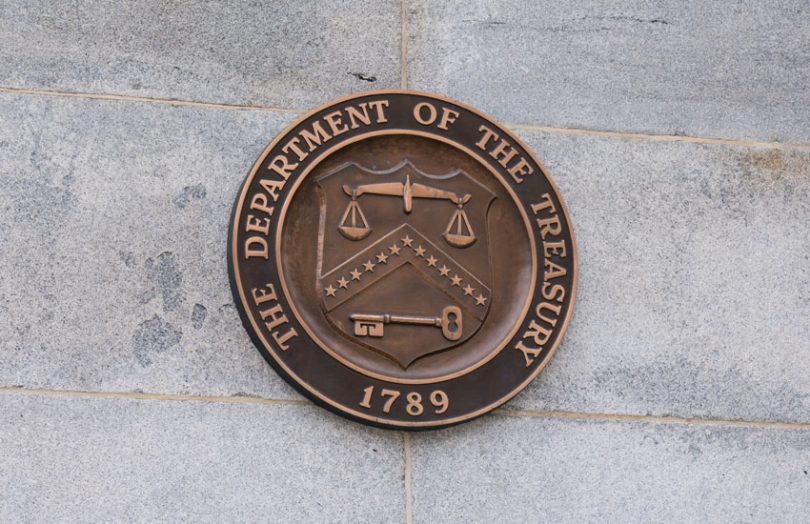The U.S. Department of Treasury is trialling a blockchain-based letter of credit system to track federal grants efficiently. Details about the project were shared by Craig Fischer, innovation program manager at the Treasury during a recent conference on financial modernization, according to GCN (Government Computer News).
The Treasury Department is working with the National Science Foundation (NSF) to tokenize the details and payments in federal letters of credit. The NSF has a budget of $8.3 billion to fund research in U.S. colleges and universities for FY 2020. According to an NSF presentation, the project was planned back in 2018.
Currently, the grants process between NSF and universities is complicated. A university receives the letter of credit which it forwards to the respective department or team conducting a study. The NSF has to rely on reporting from the grant recipients and sub-recipients to monitor the use of money.
Now, by tokenizing the letters of credit, the NSF can track the payments and ensure that the recipients meet the terms of the grant. Additionally, reporting requirements could be eased for recipients.
The token is a representation of the payment with information such as recipient identification, grant amount and key dates of the grant baked in. The token will be sent to the grantee instead of actual money. The end recipient can then redeem the token for real money. With blockchain tracking the token, it becomes easier for the NSF to monitor the in-between processes after it makes a grant.
Fischer told GCN that the blockchain letters of credit enable peer-to-peer fund transfers, and recipients need an electronic wallet associated with a bank account to receive the tokenized letter. With blockchain, access to the letter can be restricted to specific persons.
The Treasury Department is leveraging a permissioned, enterprise version of Ethereum and has developed the platform in collaboration with San Diego State University, Duke University and the NSF.
Several other federal departments are trialling blockchain. The U.S. Department of Homeland Security has made several grants to develop blockchain solutions. The Department of Defense and the Health Department are developing solutions for cybersecurity.






